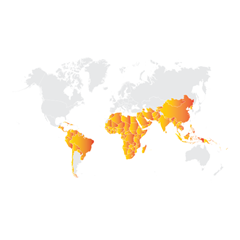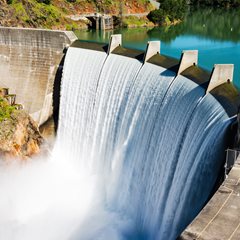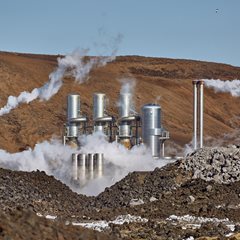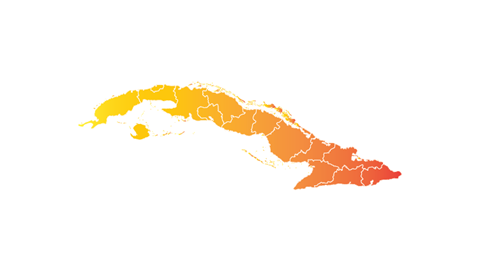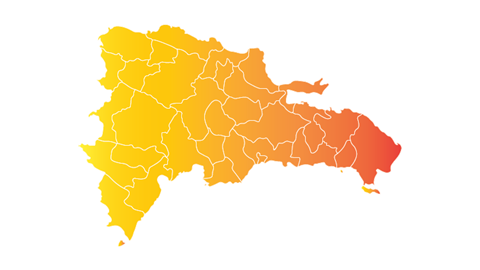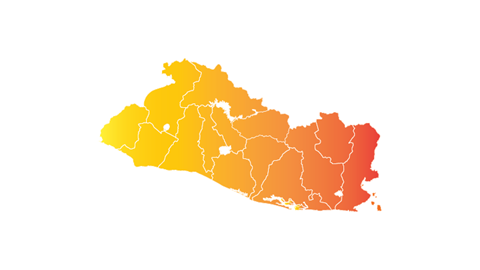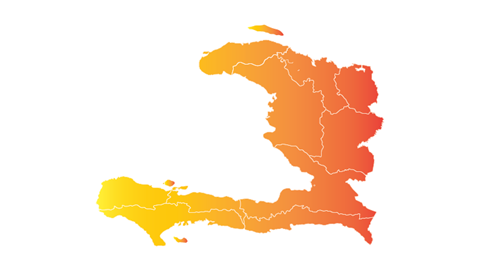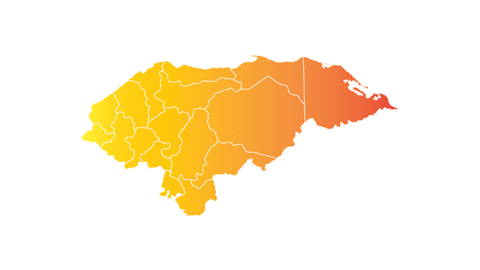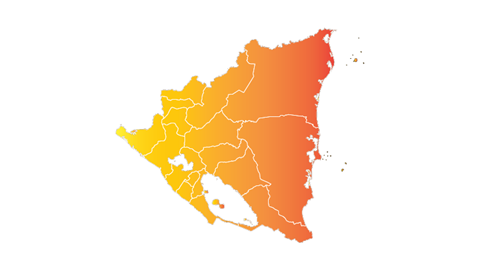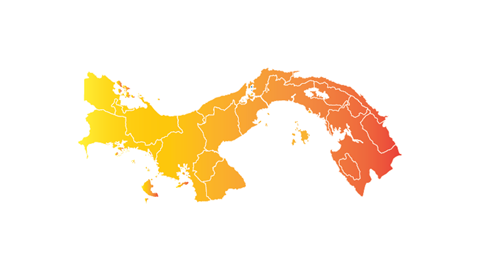Costa Rica
Critical minerals, policy, and the energy transition
The Energy Transition in Costa Rica
Costa Rica stands out globally for its renewable energy leadership, achieving over 98% of its electricity generation from renewables, primarily hydropower, geothermal, wind, and solar. The country’s National Decarbonisation Plan 2018–2050 and Electricity Sector Expansion Plan set ambitious targets to fully decarbonise the economy, including transport electrification and energy efficiency across sectors. The Costa Rican Institute of Electricity (ICE) leads energy planning, supported by robust legal frameworks that encourage private sector involvement and innovation. While Costa Rica excels in clean power generation, it does not produce critical minerals domestically and relies on imports for key materials such as lithium, cobalt, nickel, and rare earth elements essential for batteries, electric vehicles, and grid storage technologies. The nation’s geothermal capacity offers unique flexibility, but drought-linked hydropower risks highlight the importance of energy diversification. Challenges include grid modernisation needs, financing for large-scale storage, and balancing renewable intermittency. However, Costa Rica’s political stability, strong environmental governance, and global reputation for sustainability provide a solid foundation for deepening its energy transition. The country’s integrated approach to renewable deployment, climate policy, and regional leadership reinforces its position as a global benchmark for decarbonisation and green growth.
Latest news and insights
Stay ahead in the energy transition with SFA (Oxford)’s cutting-edge insights into how clean energy leadership, ESG innovation, and geopolitical alignment are positioning Costa Rica as a renewable energy pioneer in the region.

Critical minerals could make the next outage permanent
18 November 2025 | Jamie Underwood, Ismet Soyocak
Cloudflare’s outage disrupted 20% of global web traffic, spotlighting the internet’s vulnerability to centralised systems, and the critical minerals powering them.
Costa Rica's international economic, trade, and security alliances
Costa Rica's energy and power mix
The journey of Central America and The Caribbean's critical minerals
Central America's progress in renewable energy is anchored on essential minerals like lithium, nickel, cobalt, PGMs, rare earths, and minor metals. These are crucial for advancing low carbon and future technologies, backed by policies promoting sustainable mining and innovation. This strategy emphasizes the significance of these minerals in paving the way toward a sustainable and energy-secure future. Learn how these critical minerals are fundamental to Central America's transition to sustainable energy.




Meet the Critical Minerals team
Trusted advice from a dedicated team of experts.

Henk de Hoop
Chief Executive Officer

Beresford Clarke
Managing Director: Technical & Research

Jamie Underwood
Principal Consultant

Dr Jenny Watts
Critical Minerals Technologies Expert

Ismet Soyocak
ESG & Critical Minerals Lead

Thomas Shann Mills
Senior Machine Learning Engineer

Rj Coetzee
Senior Market Analyst: Battery Materials and Technologies

Franklin Avery
Commodity Analyst

Shunjie Zhao (Tony)
Commodity Analyst: APAC

How can we help you?
SFA (Oxford) provides bespoke, independent intelligence on the strategic metal markets, specifically tailored to your needs. To find out more about what we can offer you, please contact us.



